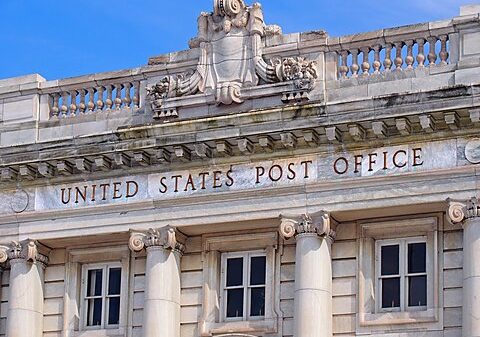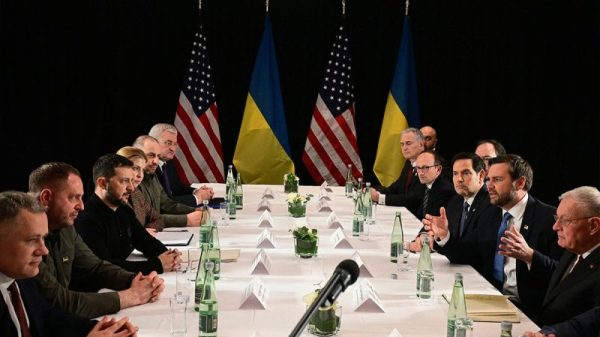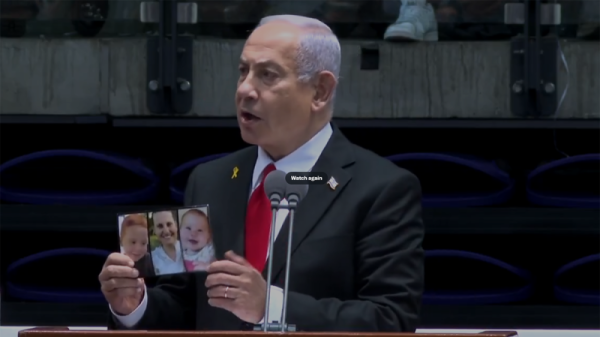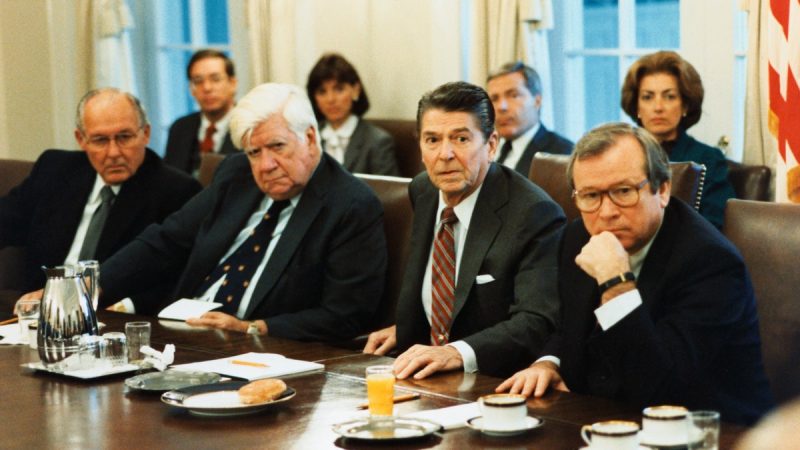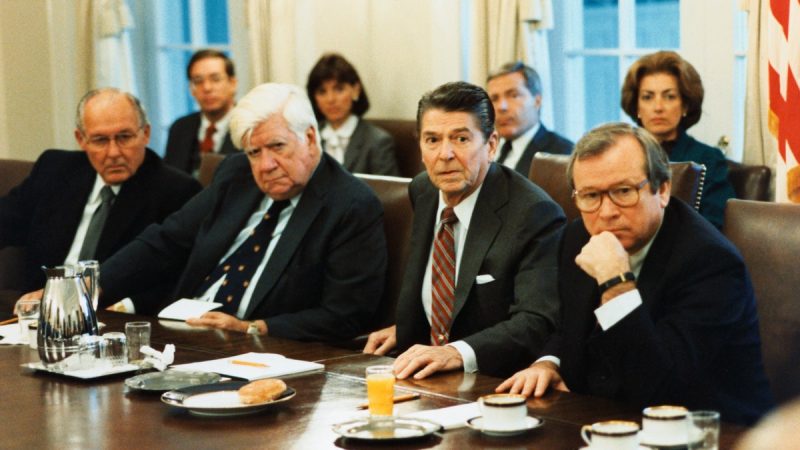
Things might be moving on the hostage front. Hezbollah has decoupled itself from Hamas in agreeing to a cease-fire. National Security Adviser Jake Sullivan has returned again to the region for discussion. Qatar kicked Hamas out and said it wanted to reengage on hostage and ceasefire negotiations. Donald Trump named a hostage special envoy and issued a statement warning that there will be ‘hell to pay’ if the Hamas-held hostages were not freed by the time of his inauguration on January 20, 2025. The hostages, which include seven Americans – three presumed living and four unfortunately murdered – have been languishing in Gaza for over 400 days. Will the transition between administrations break the logjam and do something to release them from their captivity?
We can’t know for sure, but we can look to history for lessons from a similar situation. In 1980, Iran took over the US embassy in Iran and held American hostages for 444 days, roiling the US election and riveting the nation. Carter’s entire last year in office was occupied with the hostage crisis. Ted Koppel’s ‘Nightline’ began as a show that covered the crisis before eventually becoming a general interest news show. In that first year, though, ‘Nightline’ seemed like a nightly recap of Carter’s ineptitude. Things worsened when Carter tried a rescue attempt that proved to be an embarrassing failure. His Secretary of State, the dovish Cyrus Vance, resigned in protest – not because the attempt failed, but because he was opposed to even attempting such an effort.
The failure to get the hostages out proved to be an albatross to Carter’s reelection effort. Carter’s preoccupation with the crisis limited his ability to campaign against Ronald Reagan, which he badly needed to do since the situation was dragging down his polling numbers. Carter’s wunderkind pollster Pat Caddell – all of 29 when the hostages were taken – complained to Chief of Staff Hamilton Jordan as election day approached that the hostage situation was killing Carter politically: ‘We are getting murdered. All the people that have been waiting and holding out for some reason to vote Democratic have left us. I’ve never seen anything like it in polling. Here we are neck and neck with Reagan up until the very end and everything breaks against us. It’s the hostage thing.’
The Reagan campaign braced for an ‘October surprise.’ If Carter could negotiate the release of the hostages before the election, would that win sweep the momentum away from Reagan?
During the campaign, Reagan wanted to avoid conduct that could be perceived as interfering with the Carter administration’s negotiations to free the hostages. Reagan told the press that as long as there is hope for getting the hostages back alive, ‘political candidates should restrain themselves in the interest of national unity.’ Yet, on the campaign trail Reagan told voters that he would restore respect for the United States, promising that ‘never again will a foreign dictator dare to invade an American embassy and take our people hostage.’
The hostage crisis was perhaps the paradigmatic example of Reagan’s broader case against Carter’s weak leadership and foreign policy. ‘Foreign confidence in American leadership – to counter the forces of brutality and barbarism’, Reagan said following Carter’s failed rescue attempt, ‘will return only when we as a nation mobilize our spiritual strength, regain our economic strength, rebuild our defense capabilities, and strengthen our alliance with other peace-loving nations.’
Carter ended up losing badly to Reagan, but the forthcoming change in administration brought new energy into the effort to release the hostages. Carter redoubled his efforts, determined to get the hostages out on his watch. Reagan was a new actor on the world stage and the Iranians did not know what to make of him. Although Reagan rarely mentioned the hostages during the campaign, he did respond forcefully to Carter’s late October suggestion that Reagan did not understand things. Reagan blasted back, saying that he didn’t ‘understand why 52 Americans have been held hostage for almost a year now.’ In addition, Democratic and media hysteria about Reagan being some kind of warmonger who wanted to bring about nuclear Armageddon likely impacted the Ayatollah’s calculus on whether to release the American hostages before Reagan’s inauguration.
In the last few months of the administration, the lame duck Carter worked furiously on the hostage issue. He had his representatives negotiating on what eventually became the Algiers Accords, signed on January 19, 1981. Carter was sleeping little and getting constant updates, even late into the night.
Reagan was sleeping when Carter called him at 7am on Inauguration Day with an update on the hostages. Carter had been up all night following the negotiations. Carter called back at 8:30 when Reagan was awake and told him that he thought the hostages would be freed that morning. Carter was overly optimistic. The Iranians, eager to impose yet another indignity on Carter, waited until Reagan was officially inaugurated before officially releasing the hostages.
There is no indication that Joe Biden is working nearly that hard on the American hostages still held by Hamas in Gaza. Hamas, which also murdered over 30 Americans, does not seem to fear or even respect Biden very much. Yet a similar dynamic may be at play. Trump’s ‘hell to pay’ statement and his meeting with hostage family members, signals both greater interest in the hostages and less patience for Hamas and its refusals to make any concessions.
News that Hamas has provided Egypt with a list of hostages it would include in a deal with Israel, which for the first time includes American citizens, signals how President Trump’s imminent return to office is impacting the hostage crisis. Come January 20th we can expect more than rhetoric when President Trump, unlike his predecessor, applies the full spectrum of America’s military, intelligence and economic tools to free the hostages. What comes next from Trump when he returns to the Oval Office could force Hamas and its enablers in Qatar and Turkey, to free the hostages before inauguration day. No one thinks that Biden, like Carter, will be pulling all-nighters anytime soon for the hostages, or any other issue. But the echoes of that earlier hostage crisis could serve as a preview of what might happen this time around.









